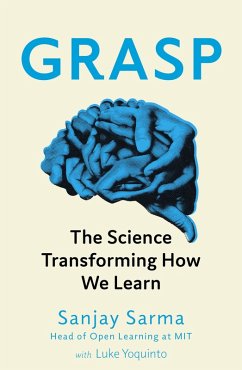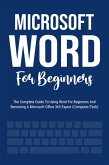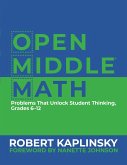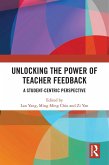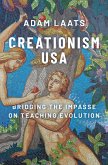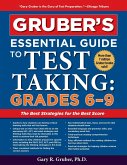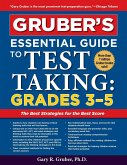Grasp takes readers across multiple frontiers, from fundamental neuroscience to cognitive psychology and beyond, as it explores the future of learning. For instance:
· Scientists are studying the role of forgetting, exposing it not as a simple failure of memory but a critical weapon in our learning arsenal
· New developments in neuroimaging are helping us understand how reading works in the brain. It's become possible to identify children who might benefit from specialised dyslexia interventions - before they learn to read
· Many schools have begun converting to flipped classrooms, in which you watch a lesson at home, then do your 'homework' in class
Along the way, Sarma debunks long-held views such as the noxious idea of 'learning styles,' while equipping readers with a set of practical tools for absorbing and retaining information across a lifetime of learning. He presents a vision for learning that's more inclusive and democratic - revealing a world bursting with powerful learners, just waiting for the chance they deserve.
Drawing from the author's experience as an educator and the work of researchers and educational innovators at MIT and beyond, Grasp offers scientific and practical insight, promising not just to inform and entertain readers but to open their minds.
Dieser Download kann aus rechtlichen Gründen nur mit Rechnungsadresse in A, B, BG, CY, CZ, D, DK, EW, E, FIN, F, GR, HR, H, IRL, I, LT, L, LR, M, NL, PL, P, R, S, SLO, SK ausgeliefert werden.

